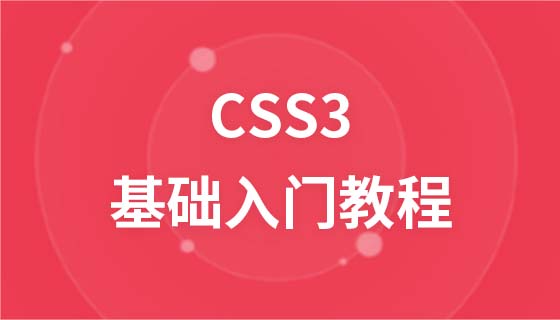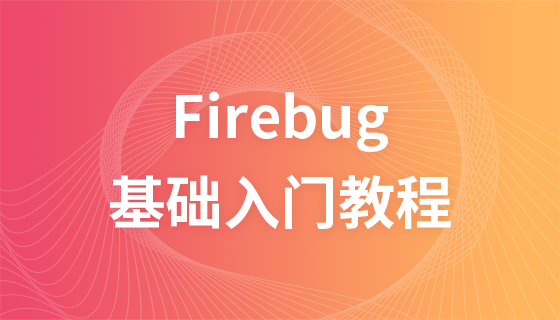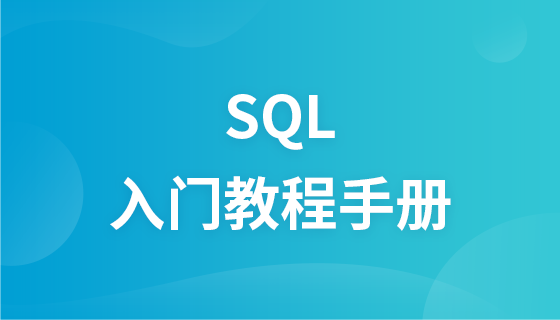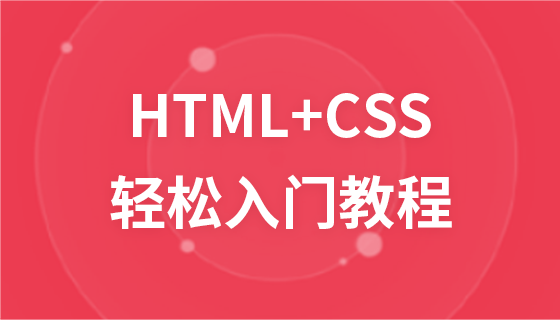jQuery adding elements
With jQuery, it is easy to add new elements/content.
Adding new HTML content
We will learn four jQuery methods for adding new content:
append() - Insert content at the end of the selected elements
prepend() - Insert content at the beginning of the selected elements
after() - Insert content after the selected element
before() - Insert content before the selected element
jQuery append() method
jQuery append() method inserts content at the end of the selected element.
Example
<!DOCTYPE html>
<html>
<head>
<meta charset="utf-8">
<script src="http://libs.baidu.com/jquery/1.10.2/jquery.min.js">
</script>
<script>
$(document).ready(function(){
$("#btn1").click(function(){
$("p").append(" <b>追加文本</b>。");
});
$("#btn2").click(function(){
$("ol").append("<li>追加列表项</li>");
});
});
</script>
</head>
<body>
<p>这是一个段落。</p>
<p>这是另外一个段落。</p>
<ol>
<li>列表项 1</li>
<li>列表项 2</li>
<li>列表项 3</li>
</ol>
<button id="btn1">添加文本</button>
<button id="btn2">添加列表项</button>
</body>
</html>Run the program and try it
jQuery prepend() method
jQuery prepend() method inserts content at the beginning of selected elements.
Example
<!DOCTYPE html>
<html>
<head>
<meta charset="utf-8">
<title>php中文网(php.cn)</title>
<meta charset="utf-8">
<script src="http://libs.baidu.com/jquery/1.10.2/jquery.min.js">
</script>
<script>
$(document).ready(function(){
$("#btn1").click(function(){
$("p").prepend("<b>在开头追加文本</b>。 ");
});
$("#btn2").click(function(){
$("ol").prepend("<li>在开头添加列表项</li>");
});
});
</script>
</head>
<body>
<p>这是一个段落。</p>
<p>这是另外一个段落。</p>
<ol>
<li>列表 1</li>
<li>列表 2</li>
<li>列表 3</li>
</ol>
<button id="btn1">添加文本</button>
<button id="btn2">添加列表项</button>
</body>
</html>Run the program to try it
Through append() and The prepend() method adds several new elements
In the above example, we only insert text/HTML at the beginning/end of the selected elements.
However, the append() and prepend() methods can receive an unlimited number of new elements through parameters. Text/HTML can be generated via jQuery (like in the example above), or via JavaScript code and DOM elements.
In the following example, we create several new elements. These elements can be created using text/HTML, jQuery or JavaScript/DOM. We then append these new elements to the text via the append() method (also valid for prepend()):
Example
<!DOCTYPE html>
<html>
<head>
<meta charset="utf-8">
<title>php中文网(php.cn)</title>
<meta charset="utf-8">
<script src="http://libs.baidu.com/jquery/1.10.2/jquery.min.js">
</script>
<script>
function appendText(){
var txt1="<p>文本。</p>"; // 使用 HTML 标签创建文本
var txt2=$("<p></p>").text("文本。"); // 使用 jQuery 创建文本
var txt3=document.createElement("p");
txt3.innerHTML="文本。"; // 使用 DOM 创建文本 text with DOM
$("body").append(txt1,txt2,txt3); // 追加新元素
}
</script>
</head>
<body>
<p>这是一个段落。</p>
<button onclick="appendText()">追加文本</button>
</body>
</html>Run the program and try it
jQuery after() and before() methods
jQuery after() method inserts content after the selected element.
The jQuery before() method inserts content before the selected element.
Example
<!DOCTYPE html>
<html>
<head>
<meta charset="utf-8">
<script src="http://libs.baidu.com/jquery/1.10.2/jquery.min.js">
</script>
<script>
$(document).ready(function(){
$("#btn1").click(function(){
$("img").before("<b>之前</b>");
});
$("#btn2").click(function(){
$("img").after("<i>之后</i>");
});
});
</script>
</head>
<body>
<img src="/upload/course/000/000/006/580b170b612ba140.jpg" height="150" width="150">
<br><br>
<button id="btn1">之前插入</button>
<button id="btn2">之后插入</button>
</body>
</html>Run the program to try it
Through after() and The before() method adds several new elements
The after() and before() methods can receive an unlimited number of new elements through parameters. New elements can be created via text/HTML, jQuery or JavaScript/DOM.
In the following example, we create several new elements. These elements can be created using text/HTML, jQuery or JavaScript/DOM. Then we insert these new elements into the text through the after() method (also valid for before()):
<!DOCTYPE html>
<html>
<head>
<meta charset="utf-8">
<title>php中文网(php.cn)</title>
<script src="http://libs.baidu.com/jquery/1.10.2/jquery.min.js">
</script>
<script>
function afterText(){
var txt1="<b>I </b>"; // 使用 HTML 创建元素
var txt2=$("<i></i>").text("love "); // 使用 jQuery 创建元素
var txt3=document.createElement("big"); // 使用 DOM 创建元素
txt3.innerHTML="jQuery!";
$("img").after(txt1,txt2,txt3); // 在图片后添加文本
}
</script>
</head>
<body>
<img src="/upload/course/000/000/006/580b170b612ba140.jpg" height="150" width="150">
<br><br>
<button onclick="afterText()">之后插入</button>
</body>
</html>Run the program and try it














